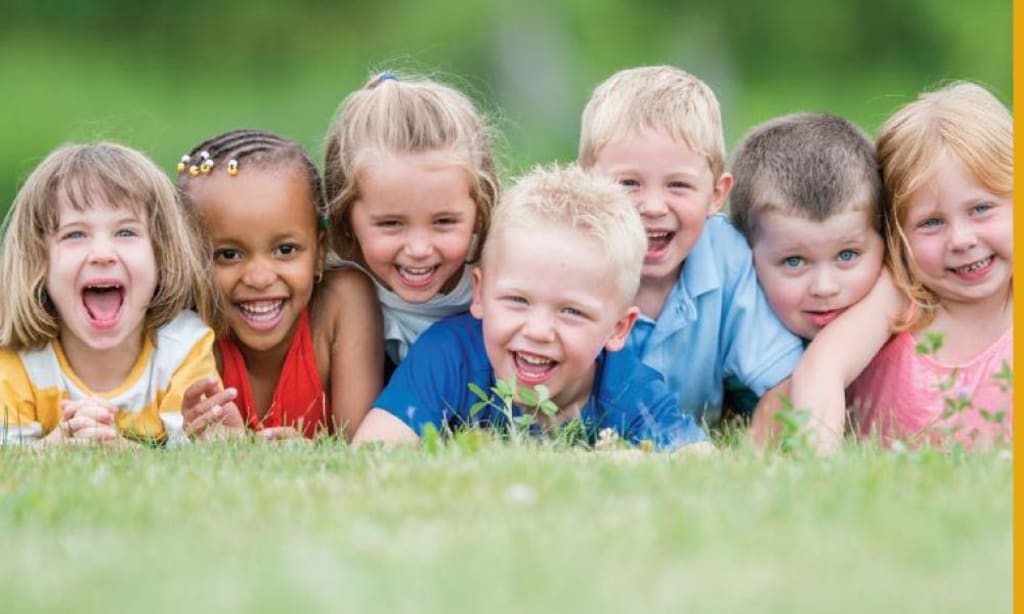
I recently had the opportunity to ask her about our evolving cultural values around childhood, what good early educational environments look like, and how we can resist the tendency to “adultify” young children. The interview has been edited for length and clarity.
Your book on early childhood education is called The Importance of Being Little. Why is “being little” so important? What do you want parents, educators, and policy makers to know about this developmental stage?
Traveling around the country, teaching and talking with parents and educators from a variety of backgrounds and environments, has persuaded me that we’re in danger of losing the child in childhood. The notion that there is something of value in being a little kid—with little kid desires and, above all, needs—seems to have fallen out of favor. We talk about young children, increasingly, as commodities to “invest” in for future payoffs. Parents express enormous anxiety about their children’s futures, and seem to be curating their children’s life experiences in a way that would look quite unnatural and even rather joyless to previous generations.There’s a weird paradox that early childhood is both safe and stressful. On the one hand, for most children, especially in the industrialized world, the early years are safer than they’ve ever been in human history. Children have fewer fatal accidents and debilitating diseases. We don’t send children down coal mines to work. Of course there is poverty, stress, and trauma—and some of these problems affect very large numbers of children—but in general terms, many of the big ‘killers’ of childhood have been vanquished.
On the other hand, 21st-century American society poses many challenges for young children too. Technology is not always a friend to the young, and there are new and troubling stresses. We have an actual epidemic of preschool expulsions, for example (which disproportionately affect children of color and boys), and increasing numbers of kids with mental health and behavioral challenges.“Being little” is of critical importance because we see the signature of early childhood experience literally in people’s bodies: their life expectancies are longer and their social-emotional capabilities are more robust when they have a chance to learn through play and through deep relationships, and when their developing brains are given the chance to grow in a nurturing, language-rich, and relatively unhurried environment. It’s clearer than ever before that young children are not simply mini-adults.I sometimes ask teachers to get down on the floor of their classroom and just look around from the height of a 4-year-old, or try to put on a snowsuit with the motor abilities of a young child. It’s eye-opening to reflect on the many ways that adults inflict adult pacing, adult expectations, and adult schedules on young kids. And for what reason? Young children sleep less and have far more transitions in their days than in previous generations—and I think most educators and parents would agree that their developing brains aren’t really designed to cope with adult schedules and pacing.
We all basically know this is a problem, but it’s hard to break the cycle. We need to step back and see the world from a child’s point of view. We see their development through an adult’s eyes, imagining that we couldn’t possibly learn anything from an hour digging in a container of mud, so it must be time to whip out the math worksheet! It boggles the mind how little outdoor time and gross motor play many young children have in their days.
Some of this adultification comes from an inattention to what makes little kids tick and a profound lack of faith in what young children are capable of.
What does high-quality early education look like? If you walked into a preschool that uses best practices, what would you see and hear?





Comments
There are no comments for this story
Be the first to respond and start the conversation.